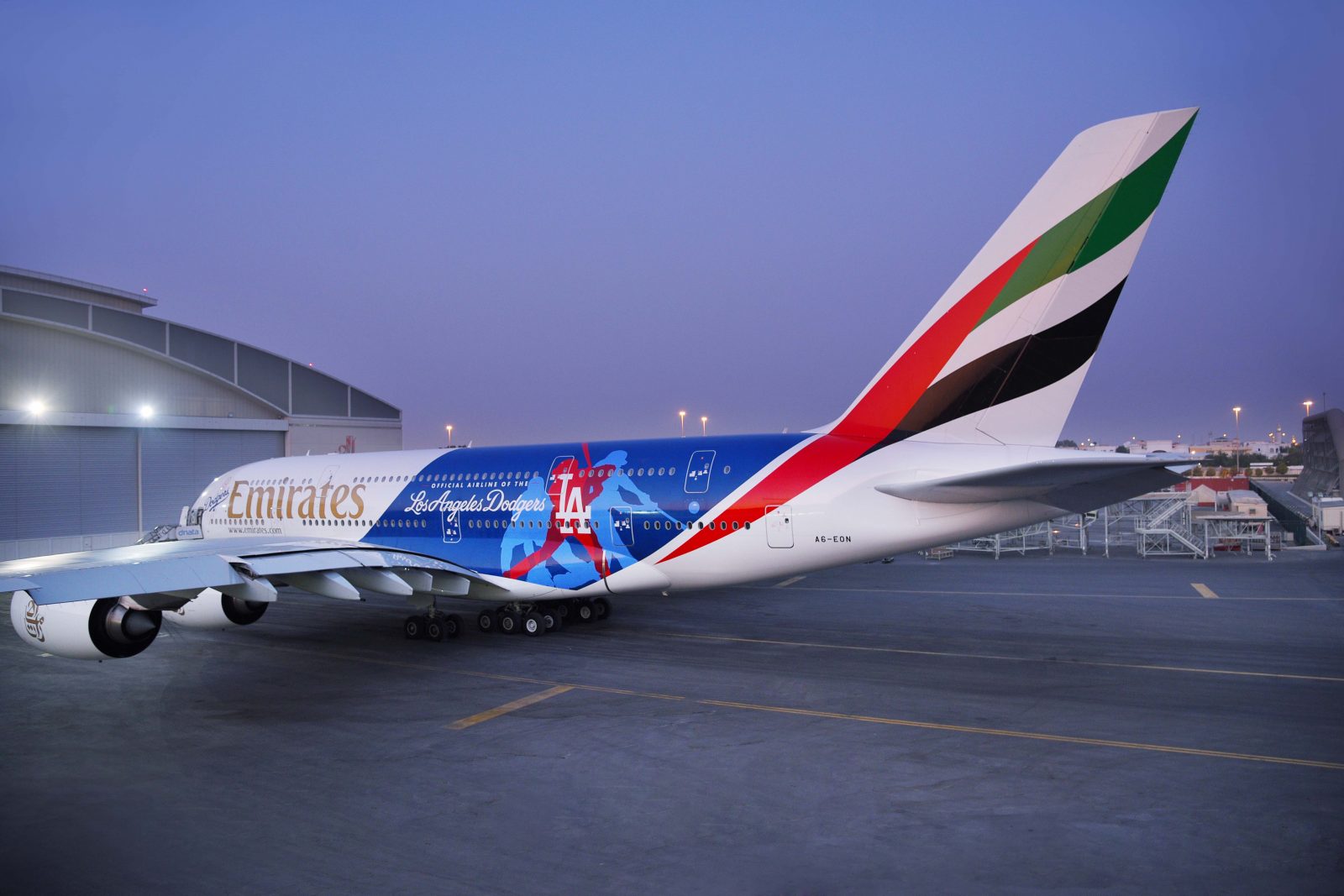
Could cabin crew be banned from entering the USA?
On Friday the US President, Donald Trump signed an executive order that effectively banned citizens from seven majority Muslim countries entering the USA. As the full effects of the ban start to bite, Gulf airlines are scrambling to deal with the consequences on passengers and staff.
The controversial order temporarily prevents anyone from Iraq, Syria, Iran, Yemen, Libya, Somalia and Sudan from entering the US for a period of 90 days. Whilst certain categories are exempt from the ban – including diplomats and United National personnel, it is understood that aircrew from these countries will not have any protection.
Passengers Already Caught Up in Disruption
Passengers have already been caught up in the wide sweeping ban. At Qatar International Airport on Saturday, an Iraqi citizen who had worked for the US military and endured years of background checks was banned from boarding a flight bound for the US.
As of Sunday, the American Civil Liberties Union (ACLU) had estimated that between 100-200 people caught up in the ban had been detained at US airports. Passengers who had been mid-flight at the time the order was signed were detained on arrival, even if they held visas.
The International Air Transport Association (IATA) has been told by US authorities that the ban does include aircrew – including cabin crew – from any of the seven affected countries.
For the Gulf airlines, including Emirates, Qatar Airways and Etihad Airways this decision could have a huge impact on its operations and staff. All three carriers have cabin and flight crew from the impacted countries.
Only UN Staff & Diplomats Exempted
Qatar Airways is likely to be the most disrupted airline in the region. The carrier currently flies to all of the affected countries with the exception of Yemen and Somalia.
Emirates operates flights to four of the seven countries named in the ban whilst Etihad operate to just three of the countries. Having suspended or terminated operations to war-torn Libya, Yemen, Syria and Somalia.
As all three carriers aggressively push into the North American market, a significant number of transit passengers will be caught up in the disruption. A spokesperson for Qatar Airways confirmed that they would be fully complying with the new rules:
“We are enforcing the new rules… if travellers to the US don’t have the proper documentation, we are not going to take them to the US.”
Etihad also confirmed that the ban and subsequent rules had been applied to passengers “effective immediately”. Meanwhile, Emirates has been rebooking passengers caught up in the disruption and repatriating them to their home countries as space became available on flights.
Airlines Rush to Change Staff Rosters
But the Gulf carriers may face an even bigger challenge. All three airlines rely on foreign staff as cabin and flight crew. They are rightly proud of the fact that their staff come from a diverse range of countries – including the seven that have been slapped with a US travel ban.
Airline managers are now rushing to alter staff rosters to ensure that cabin crew with the wrong documentation are not accidentally sent to the US. It is said to be a logistical nightmare with confusion amongst staff and managers.
The entry restrictions are extensive and include dual passport holders. Even crew who have gained a new nationality or have not lived in one of the affected countries since birth will still be subject to the 3-month travel ban.
Cabin crew for the three major Gulf carriers have been issued a reminder advising them that it is their personal responsibility to obtain the correct visas for travel to the US.
A spokesperson for Emirates told Reuters that the airline has made “the necessary adjustments to our crewing, to comply with the latest requirements”. They also pointed out that with 23,000 flight attendants and 4,000 pilots working for Emirates they would be able to operate all flights bound for the US as normal.
Photo Credit: Emirates
Mateusz Maszczynski honed his skills as an international flight attendant at the most prominent airline in the Middle East and has been flying ever since... most recently for a well known European airline. Matt is passionate about the aviation industry and has become an expert in passenger experience and human-centric stories. Always keeping an ear close to the ground, Matt's industry insights, analysis and news coverage is frequently relied upon by some of the biggest names in journalism.







